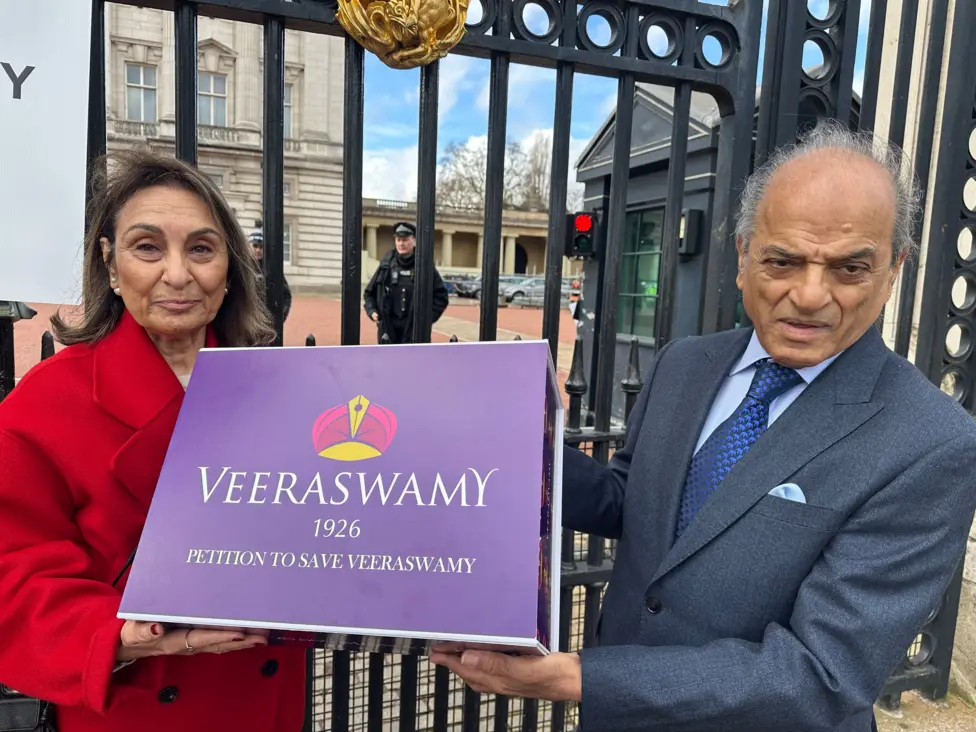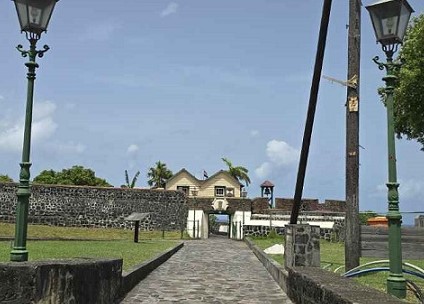Recent news of one of Thailand's most beautiful islands - Ko Tachai - closing due to 'excessive tourism' has sparked questions on whether it is still possible for travellers to experience the country without heavily impacting the environment. This news comes 20 years on from the release of Alex Garland's cult novel 'The Beach' which inspired mass wanderlust to Thailand's turquoise shores. It seems travellers are still striving to find their own slice of paradise and authentic castaway experience. The question is, 20 years on (and swathes of tourists later), can Thailand still offer it? And is it possible to visit this beautiful destination in a way that doesn't add to the detrimental weight of tourism?
For Rickshaw Travel the answer to both questions is yes
Rickshaw believes travel can be a huge social and environmental benefit to the destinations they work with and they aim to maximise the benefit of tourism whilst minimising the impact and working as sustainably as possible. Each trip encompasses this meaningful travel ethos in some way. It could be that guests stay in an eco-friendly resort that supports the local environment, journey out into the countryside to help a local farmer, stay in a local family home or visit a community based tourism project. Through meaningful travel practices Rickshaw bring travellers closer to the country and community they're visiting.
















